India Expels Senior Canadian Diplomat Amid Escalating Rift Over Sikh Separatist Killing
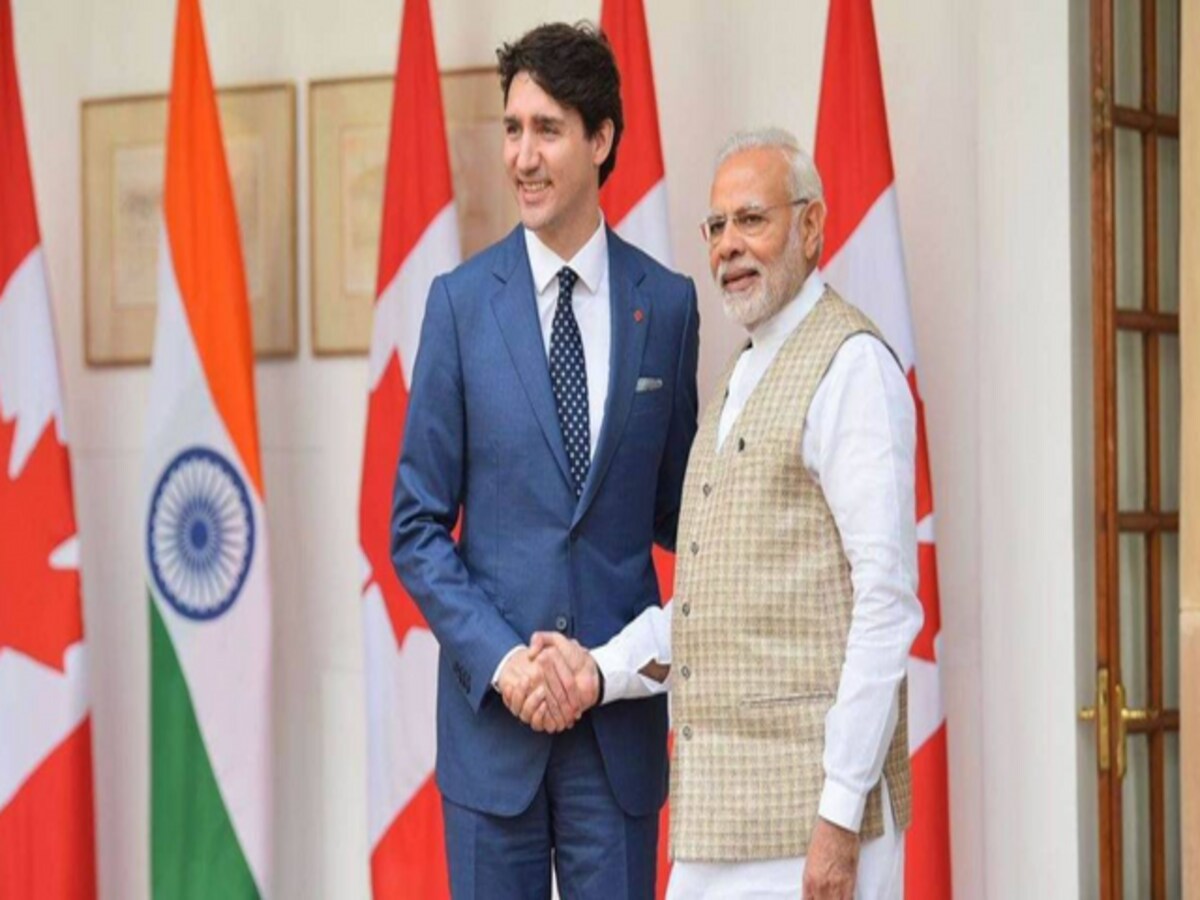
New Delhi– In a rapidly escalating diplomatic row, India has ordered a senior Canadian diplomat to leave the country, citing concerns over Canadian interference in internal matters and alleged involvement in anti-India activities. This move comes hours after Canada expelled an Indian diplomat in response to tensions surrounding the killing of Sikh separatist leader Hardeep Singh Nijjar earlier this year.
The Indian Foreign Ministry released a statement on Tuesday expressing its “growing concern at the interference of Canadian diplomats in our internal matters and their involvement in anti-India activities.” The duelling expulsions have exacerbated already tense relations between Canada and India, resulting in the derailment of trade talks and the cancellation of a planned trade mission to India.
Protests by pro-Sikh independence groups in Canada have further strained relations between the two nations. Canada recently asserted it was “actively pursuing credible allegations” linking Indian government agents to the murder of Nijjar, who was organizing an unofficial referendum for an independent Sikh nation at the time of his death in Surrey, British Columbia, on June 18.
India vehemently denied the allegations, dismissing them as “absurd and motivated” and urging Canada to take legal action against anti-Indian elements operating from its soil.
The Sikh independence movement, known as Khalistan, is banned in India, where it is viewed as a national security threat. However, the movement retains support in northern India, as well as among the sizable Sikh diaspora communities in Canada and the United Kingdom.
Canadian Prime Minister Justin Trudeau addressed the issue in Parliament, stating that he raised Nijjar’s killing with Indian Prime Minister Narendra Modi during the recent Group of 20 (G20) Summit. Trudeau emphasized that any Indian government involvement in the murder on Canadian soil would be “unacceptable” and called for cooperation in the investigation.
India’s Foreign Ministry responded by dismissing the allegations as unsubstantiated and reiterated that Canada harbored Khalistani terrorists and extremists who posed a threat to India’s sovereignty.
Canadian Foreign Minister Mélanie Joly confirmed the expulsion of a top Indian diplomat, whom she identified as the head of Indian intelligence in Canada, in response to the allegations. She labeled any potential foreign government involvement in the murder of a Canadian citizen on Canadian soil as a “great violation of our sovereignty.”
Canada is home to more than 770,000 Sikhs, constituting approximately 2 percent of its total population.
Amid these developments, Canadian opposition leader Jagmeet Singh, himself a Sikh, expressed surprise at the Prime Minister’s statements and highlighted the longstanding concerns that challenging India’s human rights record might hinder Canadians’ ability to obtain visas for travel to India.
British Columbia Premier David Eby expressed deep concern after receiving a briefing from Canada’s intelligence agency regarding Nijjar’s assassination. Nijjar had been an outspoken supporter of Khalistan, leading peaceful protests against human rights violations in India and in support of Khalistan.
Nijjar’s lawyer, Gurpatwant Singh Pannun, claimed that Canadian intelligence officials had warned Nijjar about being targeted for assassination by “mercenaries” prior to his killing.
The Sikh separatist movement has been a longstanding issue in India, dating back to the 1980s when an armed rebellion for an independent Sikh state began in Punjab state. The Indian government’s intensified pursuit of Sikh separatists has led to increased tensions and diplomatic incidents in recent years.
In 1984, Indian forces stormed the Golden Temple in Amritsar to flush out Sikh separatists, resulting in a controversial operation that claimed hundreds of lives. This event, along with the subsequent assassination of Prime Minister Indira Gandhi by Sikh bodyguards, triggered anti-Sikh riots across northern India.
Prime Minister Narendra Modi’s government has continued to crack down on Sikh separatists, particularly in response to protests and movements that raise concerns about the rights of farmers and activists. This latest expulsion of diplomats threatens to further strain relations between Canada and India as both countries grapple with the complex issue of Sikh separatism.






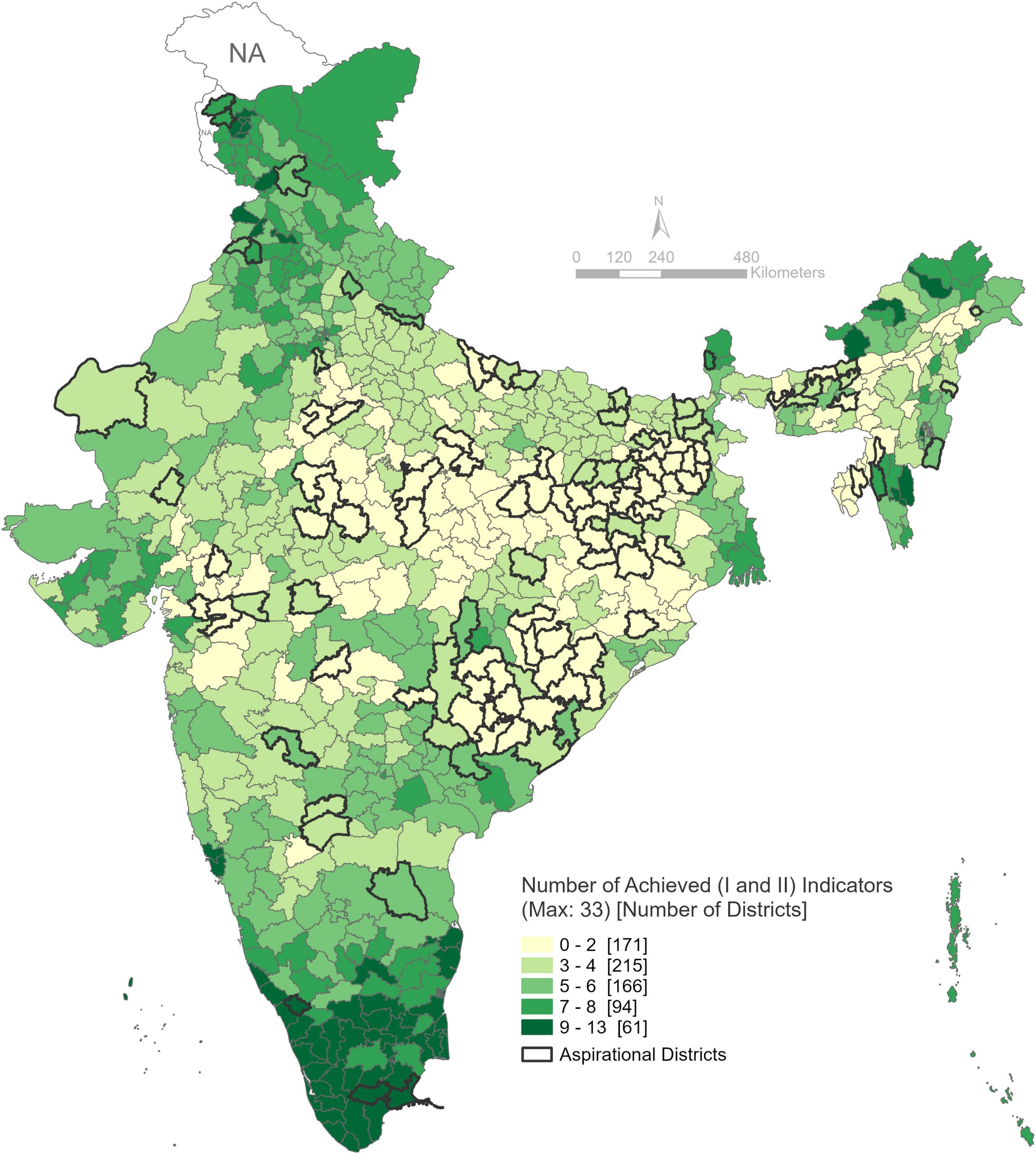

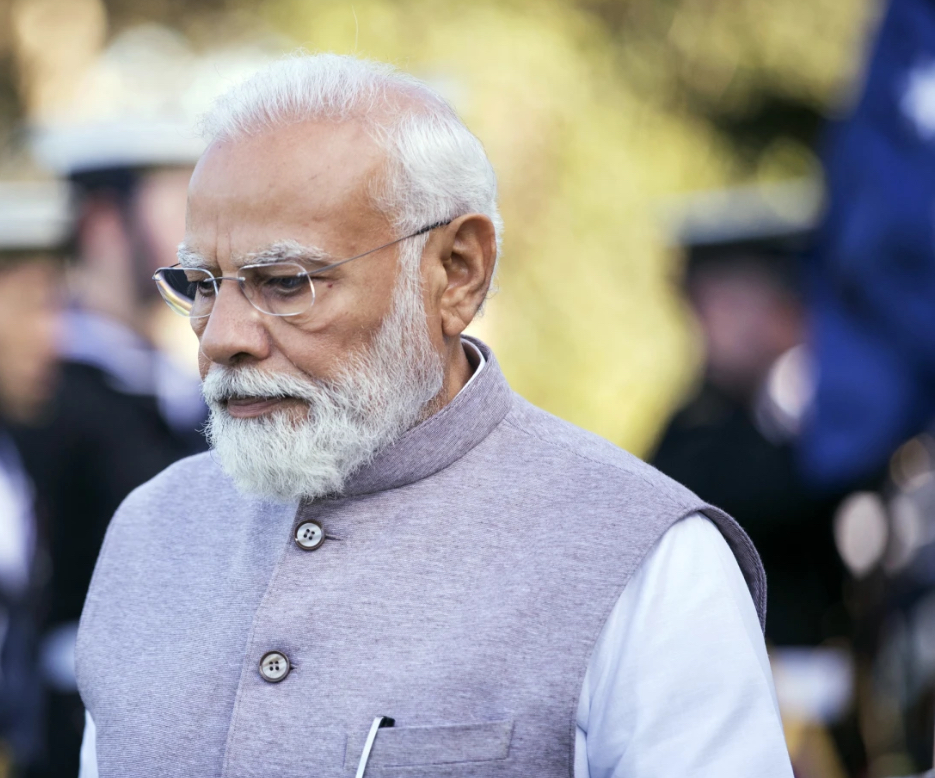

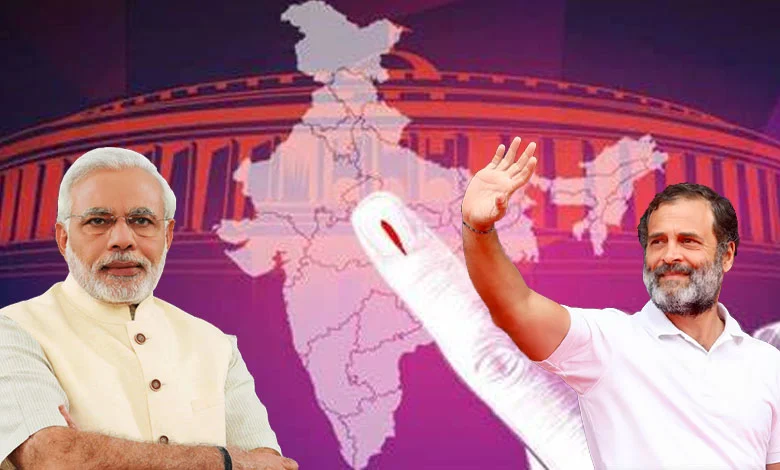
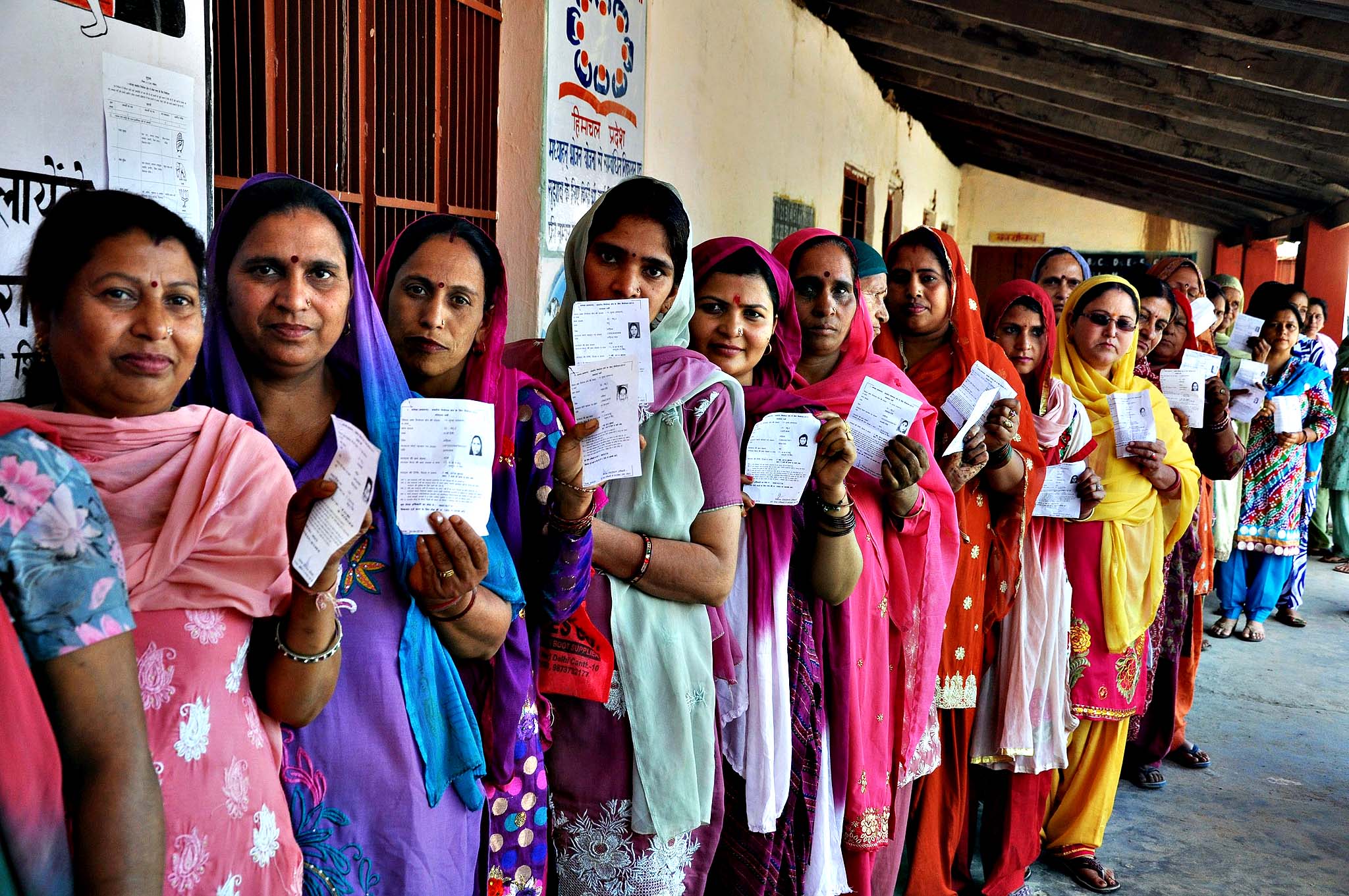







Facebook Comments